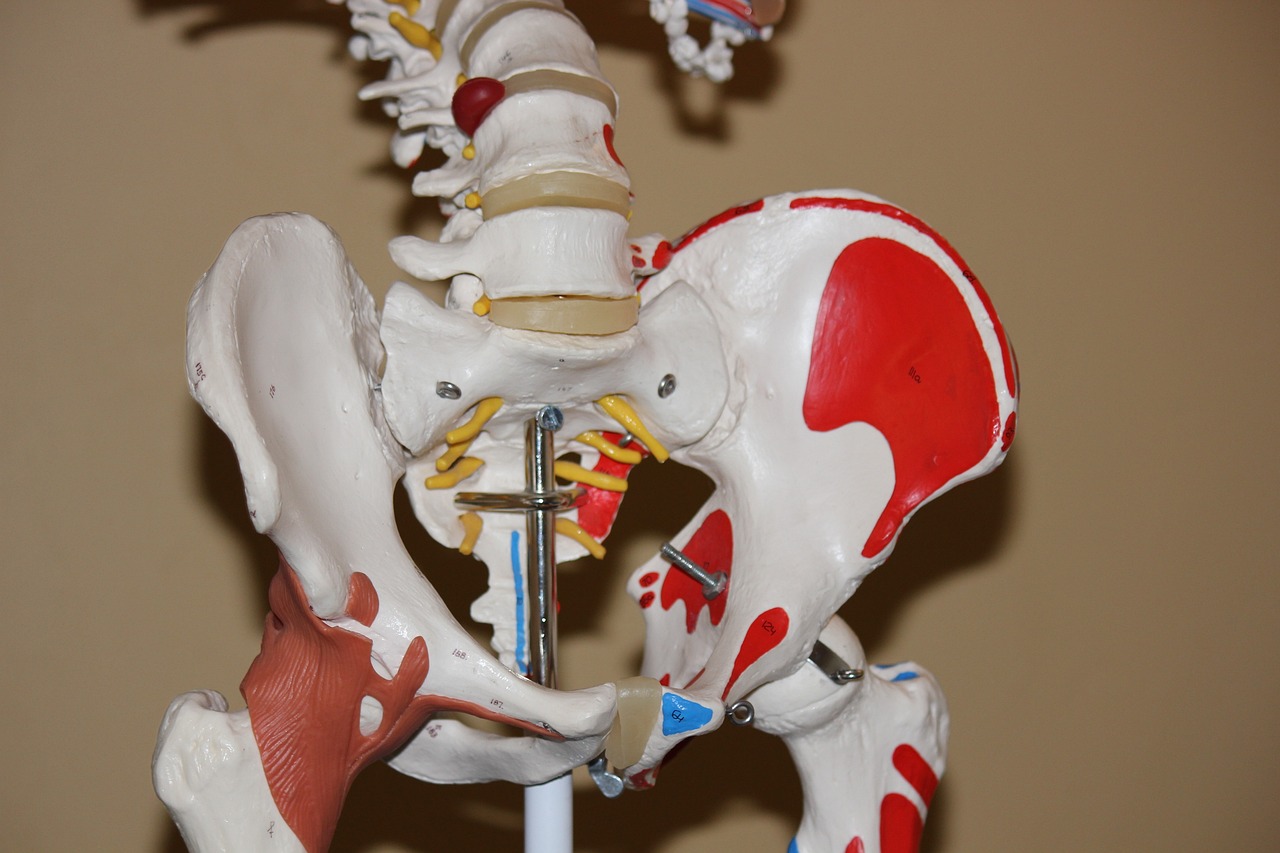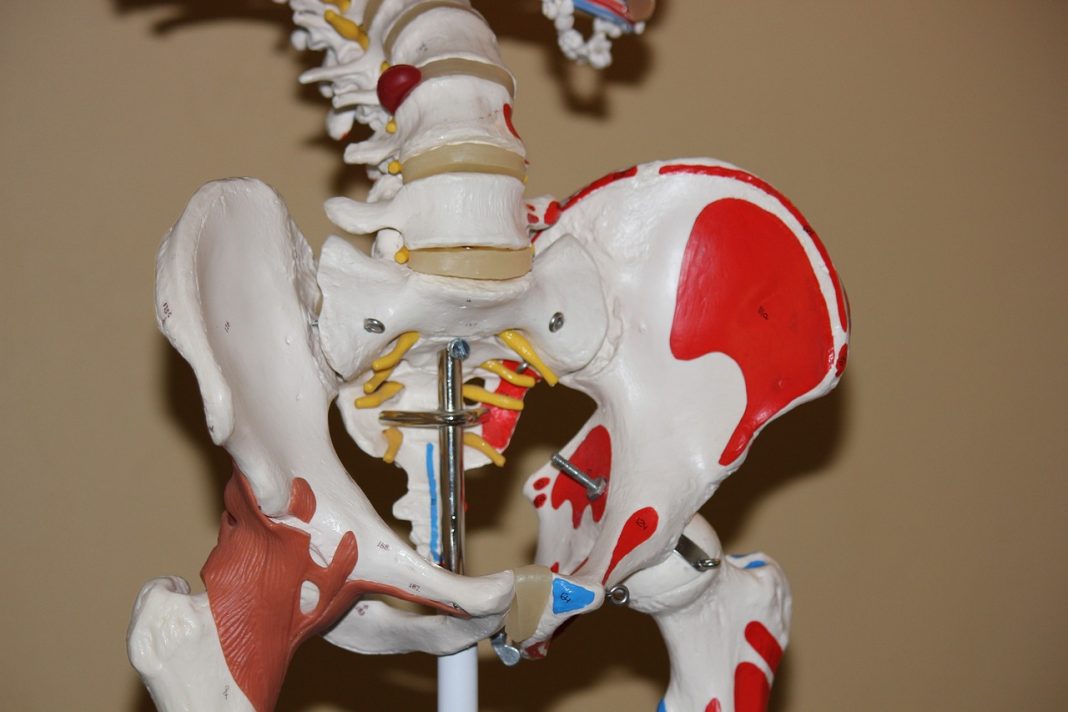
Migraine is a neurological condition that affects millions of people worldwide. It is characterized by recurrent headaches that can last for hours or even days, accompanied by a range of symptoms such as nausea, vomiting, and sensitivity to light and sound. Migraines can be debilitating, affecting a person’s ability to work, socialize, and carry out daily activities. While there is no cure for migraines, there are several strategies that can help manage the condition and reduce the frequency and severity of attacks. In this article, we will explore some of the most effective migraine management strategies, including lifestyle changes, medications, and alternative therapies.
1. Understanding Migraine: A Comprehensive Guide to Symptoms and Triggers
Migraine is a neurological condition that affects millions of people worldwide. It is characterized by recurrent headaches that can be moderate to severe in intensity, and can last from a few hours to several days. Migraines are often accompanied by other symptoms such as nausea, vomiting, and sensitivity to light and sound.
There are several triggers that can cause migraines, and they vary from person to person. Some common triggers include stress, lack of sleep, hormonal changes, certain foods, and environmental factors. It is important to identify your personal triggers so that you can take steps to avoid them and prevent migraines from occurring. Keeping a migraine diary can be helpful in tracking your symptoms and identifying triggers.
2. The Science of Migraine Management: Evidence-Based Strategies for Relief
Migraine management can be challenging, but with evidence-based strategies, relief is possible. One of the most effective ways to manage migraines is by identifying and avoiding triggers. Common triggers include stress, certain foods, lack of sleep, and hormonal changes. Keeping a migraine diary can help identify triggers and patterns, allowing for better management of the condition.
In addition to trigger identification, medication can also be an effective form of migraine management. Over-the-counter pain relievers such as ibuprofen and acetaminophen can be helpful for mild to moderate migraines. For more severe migraines, prescription medications such as triptans and ergotamines may be necessary. It is important to work with a healthcare provider to determine the best medication regimen for individual needs. Lifestyle changes such as regular exercise, stress reduction techniques, and a healthy diet can also be helpful in managing migraines.
3. Practical Approaches to Migraine Management: Lifestyle Changes, Medications, and Alternative Therapies
Practical Approaches to Migraine Management
Migraine management involves a combination of lifestyle changes, medications, and alternative therapies. These approaches aim to reduce the frequency and severity of migraine attacks and improve the quality of life for people with migraines. Here are some practical approaches to managing migraines:
Lifestyle Changes:
- Avoid triggers such as stress, lack of sleep, dehydration, and certain foods.
- Exercise regularly to reduce stress and improve overall health.
- Practice relaxation techniques such as meditation, deep breathing, or yoga.
Medications:
- Over-the-counter pain relievers such as ibuprofen or acetaminophen can help relieve mild to moderate migraines.
- Prescription medications such as triptans or ergotamines can help relieve moderate to severe migraines.
- Preventive medications such as beta-blockers or antidepressants may be prescribed to reduce the frequency and severity of migraines.
Alternative Therapies:
- Acupuncture may help relieve migraine symptoms.
- Massage therapy can help reduce stress and tension that may trigger migraines.
- Herbal supplements such as feverfew or butterbur may help prevent migraines.
Overall, it is important to work with a healthcare provider to develop a personalized migraine management plan. With the right combination of lifestyle changes, medications, and alternative therapies, people with migraines can improve their quality of life and reduce the impact of migraine attacks. In conclusion, migraine management is a complex process that requires a multidisciplinary approach. Effective strategies for managing migraines include lifestyle modifications, medication management, and alternative therapies. It is important to work closely with your healthcare provider to develop a personalized treatment plan that addresses your unique needs and symptoms. With the right strategies in place, individuals living with migraines can experience significant improvements in their quality of life. Remember, managing migraines is a journey, and it may take time to find the right combination of strategies that work for you. With patience and persistence, however, it is possible to take control of your migraines and live a more fulfilling life.








